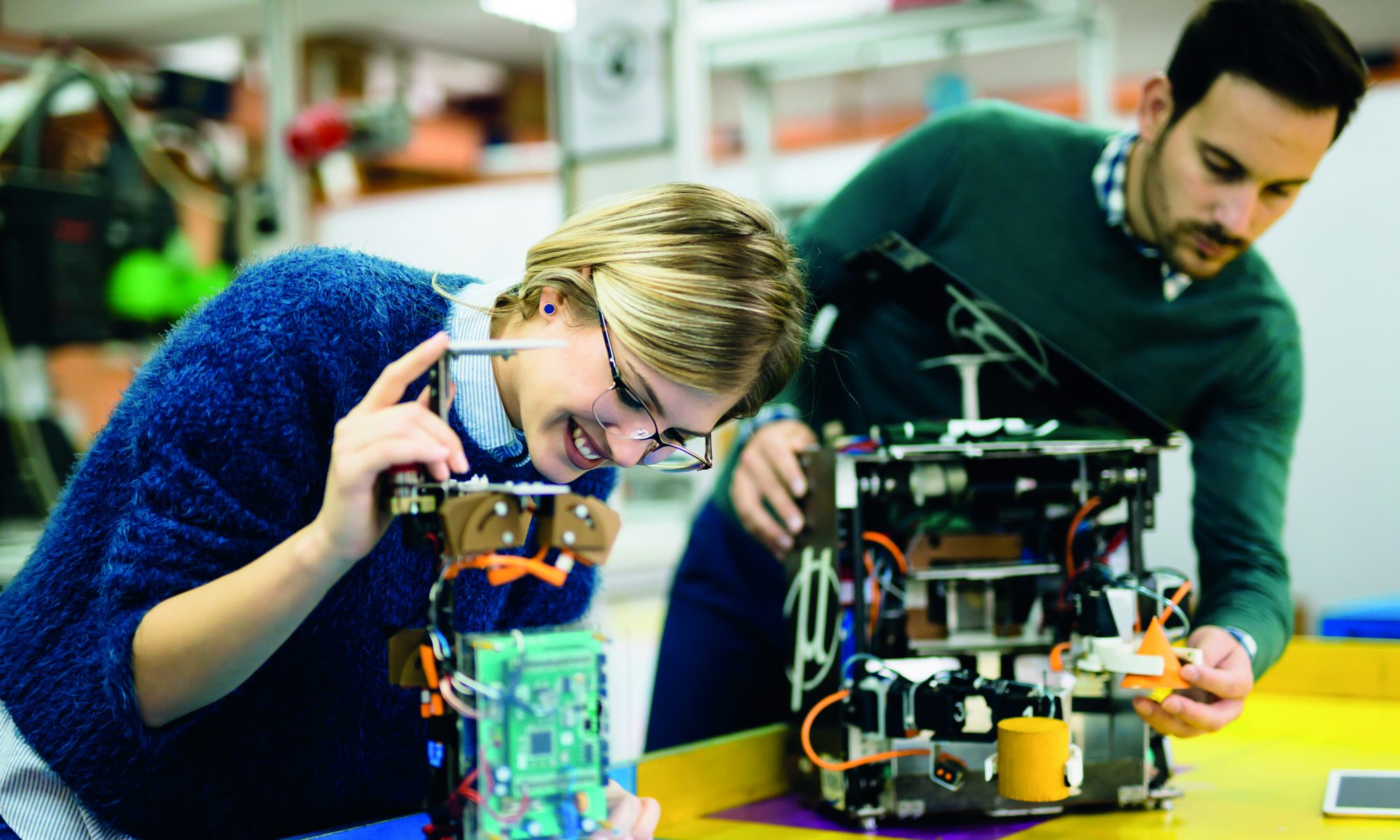FAQs
Opportunity Area Programme
Why have you chosen these areas?
The areas chosen were amongst the weakest in both the Social Mobility Commission’s index 2016 and the Department for Education’s data on school standards and capacity to improve. The areas also represent a wide geographic spread and take into account the different challenges faced by coastal, rural and urban areas: which will help us to build a strong evidence base on what works in a wide range of varied settings.
Alongside the six opportunity area action plans, we have published the methodology for how we chose the areas.
What does social mobility mean for young people in these areas?
We want to make sure every young person has the same opportunities to succeed, no matter where they are from or whatever their background. We do not take a narrow view of what success means. It is about opening up about choices. It is about young people having the knowledge and skills to achieve whatever they want to achieve, whether that is in their area, or elsewhere.
Who is responsible for delivering the plans?
This is a shared mission, with the Department for Education and local partners working together to achieve transformation change over the coming years.
Each Opportunity Area has a local Partnership Board, headed by an experienced independent chair and supported by a Department for Education(DfE) Head of Delivery. This board will engage a range of stakeholders across their area, from schools, further education, businesses and beyond to ensure a tailored and localised approach to delivering priorities.
Which sectors are represented on the partnership boards?
Partnership Boards in each area bring together committed leaders from the local authority; early years providers; local schools; colleges; universities; business; and voluntary and community organisations. We will make sure that we engage directly with organisations and individuals who have proven expertise to improve opportunities for children and young people.
What will you do to reach out to the wider community within the Opportunity Area?
The delivery plans are locally led to make sure the priorities and action is right for each area. We are working with parents and families, community organisations, and businesses to make sure that everyone in the opportunity area is working towards good outcomes and broad experiences for children and young people – ensuring that the impact of the programme goes beyond the school gates.
How have you engaged with parents and local residents?
Over the last year, we have been consulting with local partners to understand the opportunities and challenges in each opportunity area. As the delivery plans set out, we will be looking for parents and local residents to get involved going forward. Success of the OA will be dependent on involving the whole community to work towards the vision set out in each Opportunity Area delivery plan.
How will you engage the views of children and young people?
We have a plan for extensive and continuing engagement with young people to make sure that what is delivered meets their needs and aspirations. We are working closely with Somerset Rural Youth Forum to deliver this part of the plan, which has extensive experience in consulting with young people.
What is the scope of the plan?
The priorities within the plan focus on education and training, which reflects DfE’s core remit. Partnership with the Local Enterprise Partnership, Somerset County Council and West Somerset District Council means that the OA plan can sit within a wider programme of activity, addressing other issues that are important in the community.
What happens when the Opportunity Areas Programme comes to an end?
Although this is a 3-year programme, we will look to galvanise a local coalition of stakeholders to work in ways that deliver sustainable and long-term improvements in each OA. That is why we have put a strong focus on local ownership of the plans and of delivery. The DfE will also assess what works most effectively in OAs to inform everything we do, so that we can finally level up opportunity for children across the country.
West Somerset
Work that has started and progress:
- A programme activity for early year professionals, specifically Talkboost for Early Years (a speech and language programme) and introduction to phonics
- A phonics roadshow updated 35 practitioners from early year and schools settings on phonics best practice
- Five schools and two early years settings are participating in a bespoke review of phonics practice
- Eligible schools have planned work related learning activities for young people from the CEC funded programme of activities and additional cornerstone employers have been recruited
- Plans firmed up to deliver an expanded post-16 curriculum at West Somerset College from September 2018
